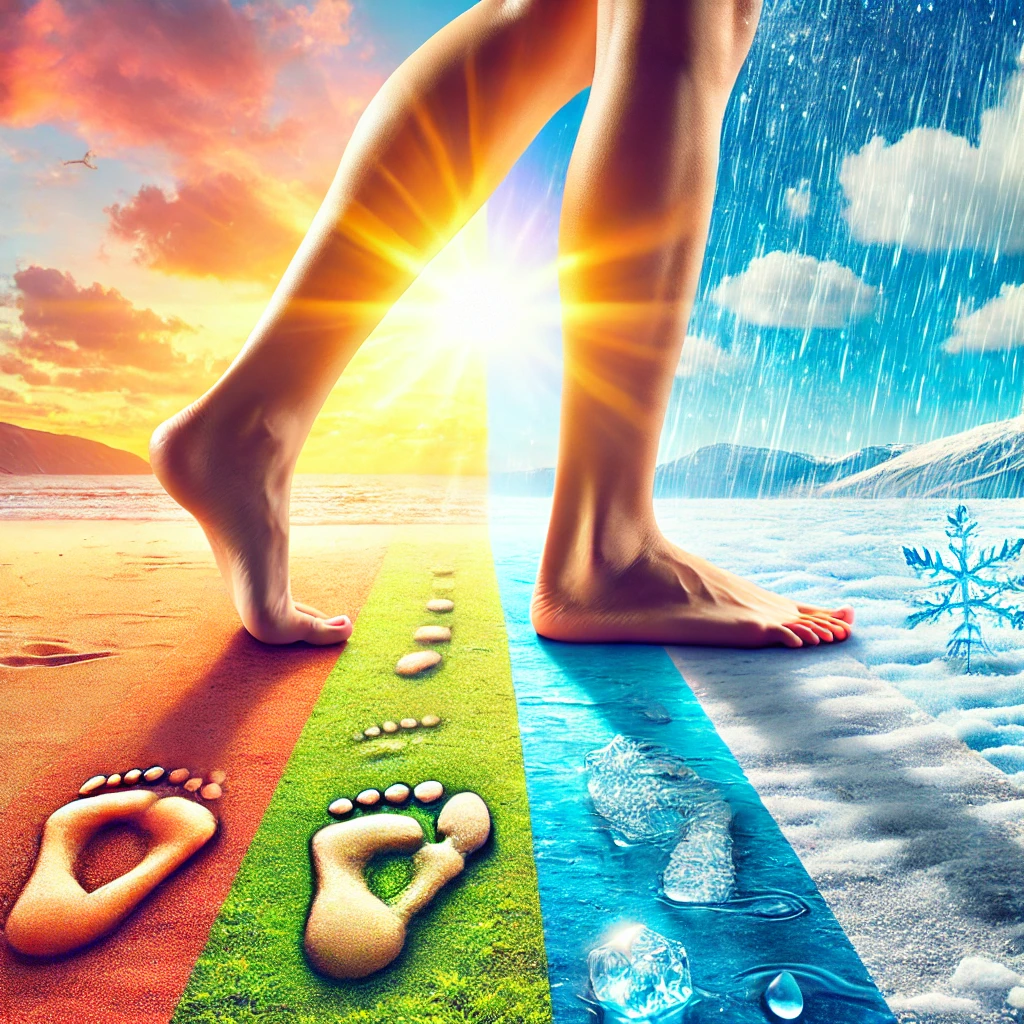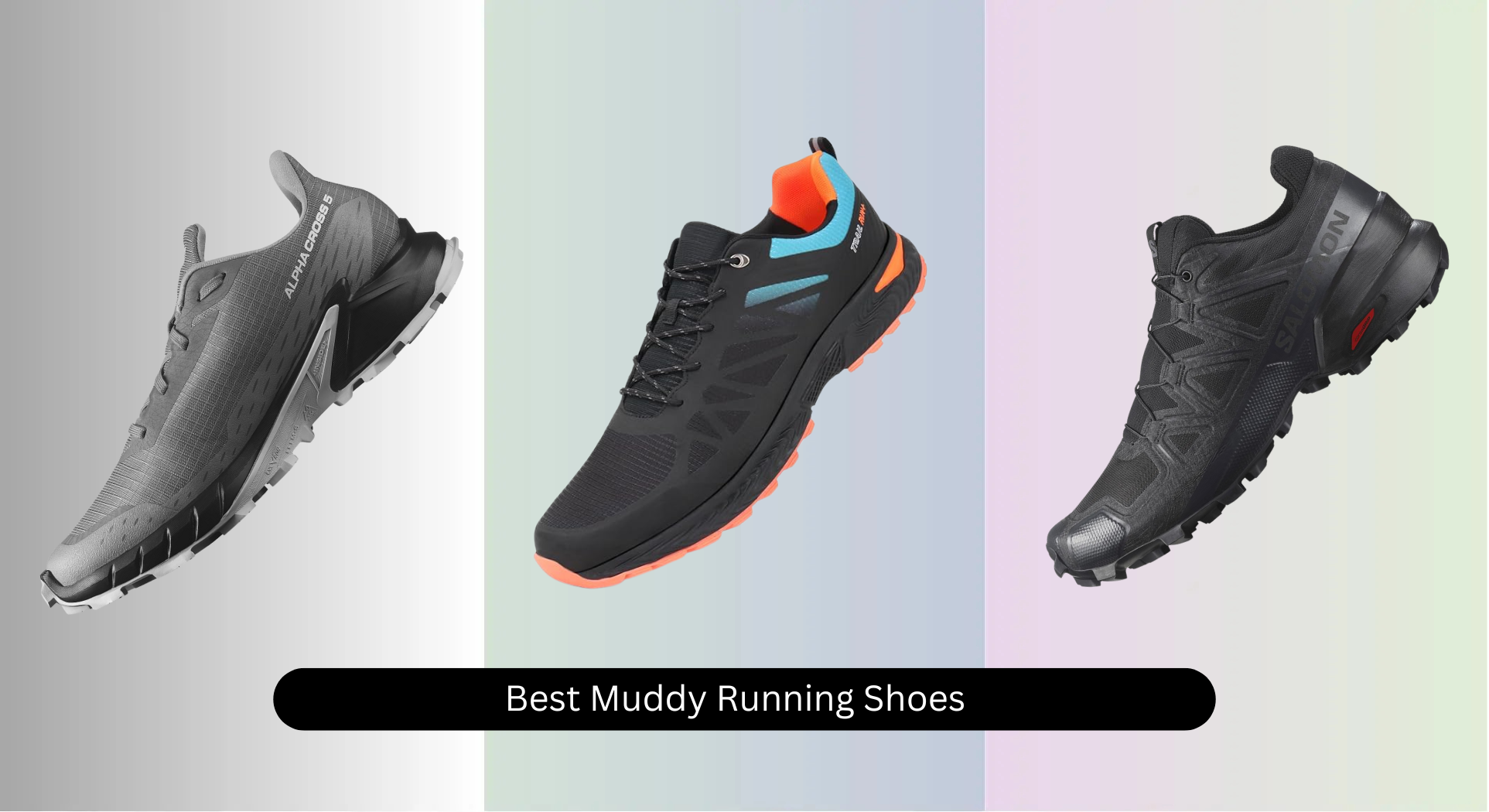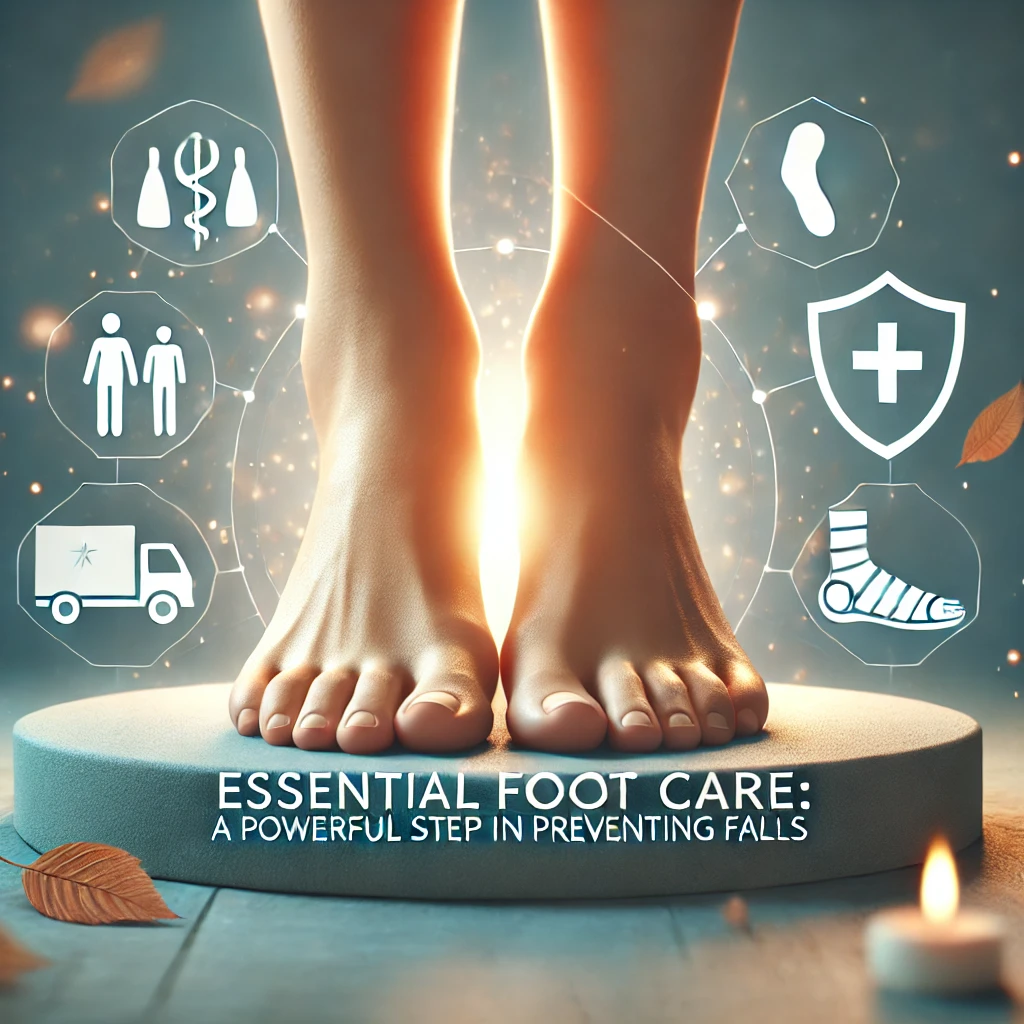Introduction
Have you ever noticed how your foot feel different depending on the weather? From sweaty soles in the summer to icy toes in winter, the weather impacts our feet more than we realize. Proper foot care isn’t just about keeping them clean—it’s about adapting to the environment around you. This guide dives into the effects of different weather conditions on foot health and provides actionable tips to keep your feet happy, no matter the season.
Effects of Hot Weather on Feet

Increased Sweating and Odor
Hot weather often causes excessive sweating, especially in areas like the feet where sweat glands are plentiful. The combination of sweat and bacteria trapped in shoes can lead to unpleasant odors and even fungal infections like athlete’s foot.
Swelling in Feet During Summer
Heat causes blood vessels to expand, which can lead to swelling in the feet and ankles. This is a common issue, especially if you’re standing for long periods.
Risk of Blisters and Skin Irritations
Sweaty feet rubbing against ill-fitting shoes increase the risk of blisters. Additionally, heat and moisture can irritate sensitive skin, leading to redness and discomfort.
How to Adapt to Hot Weather

Choosing Breathable Footwear
Opt for shoes made of breathable materials like mesh or leather to allow air circulation. Sandals or open-toed shoes can also be a good option for reducing sweat buildup.
Maintaining Proper Hygiene
Wash your feet daily with antibacterial soap and thoroughly dry them, especially between the toes. Use foot powders to reduce moisture.
Staying Hydrated and Reducing Swelling
Stay hydrated to maintain proper blood circulation and minimize swelling. If your feet feel puffy, try elevating them or soaking them in cool water for relief.
Cold Weather and Its Impact on Feet

Dryness and Cracked Skin
Cold air lacks moisture, which can cause the skin on your feet to become dry and prone to cracks. Without proper care, these cracks can deepen and lead to painful infections.
Chilblains and Frostbite Risk
Prolonged exposure to cold weather can cause chilblains (painful, itchy red patches) or even frostbite in severe cases. This is especially dangerous for individuals with poor circulation.
Reduced Circulation and Numbness
The body prioritizes warmth for vital organs in cold weather, reducing blood flow to extremities like feet. This can cause numbness and increase the risk of injuries.
Adapting to Cold Weather
Moisturizing and Protecting the Skin
Use a thick, oil-based moisturizer to lock in moisture and prevent skin cracking. Applying it before bed can help rejuvenate your skin overnight.
Wearing Insulated and Weatherproof Footwear
Choose boots and socks designed for cold weather. Wool or thermal socks are excellent for retaining heat, while waterproof footwear protects against snow and rain.
Improving Circulation in Winter
Stay active to promote blood flow, and avoid sitting or standing in one position for too long. Simple exercises like ankle rotations can help keep your feet warm and flexible.
How Humidity Affects Foot Health

Fungal Infections Like Athlete’s Foot
High humidity levels create the perfect environment for fungal infections, especially athlete’s foot. The combination of heat, moisture, and tight footwear can lead to itchy, scaly skin between the toes and on the soles.
Increased Odor Due to Bacteria Growth
Humidity encourages bacterial growth, which contributes to foot odor. Sweaty feet in enclosed shoes become a breeding ground for microbes that emit unpleasant smells.
Adapting to Humid Weather
Using Antifungal Products
Combat fungal infections with antifungal sprays, powders, or creams. Regular application can prevent athlete’s foot and other related issues.
Keeping Feet Clean and Dry
Wash your feet twice daily with mild soap and dry them thoroughly, especially between the toes. This practice helps prevent fungal and bacterial growth.
Rotating and Airing Out Footwear
Avoid wearing the same pair of shoes daily. Let them air out between uses to minimize moisture buildup. Consider using shoe inserts or deodorizing sprays to keep footwear fresh.
Dealing with Rainy Weather
Wet Feet and Skin Problems
Rainy weather often results in soaked footwear, which can cause maceration (softening of the skin), making your feet more susceptible to blisters and infections.
Risk of Slips and Injuries
Wet conditions increase the risk of slipping, which can lead to sprains or other injuries. Poorly designed footwear only exacerbates the problem.
How to Adapt to Rainy Weather
Waterproof Footwear and Socks
Invest in waterproof shoes and socks to keep your feet dry. Rubber boots with anti-slip soles are ideal for wet conditions.
Cleaning and Drying Feet Post-Exposure
After exposure to rain, wash your feet with warm water and antibacterial soap. Dry them thoroughly and apply a moisturizing cream to restore skin health.
Preventing Bacterial and Fungal Infections
Use antifungal powders or sprays as a preventive measure after your feet have been exposed to wet conditions. This reduces the risk of infections like athlete’s foot.
Foot Care Tips for Every Season

Regular Pedicures and Exfoliation
Keep your feet in top condition by exfoliating them regularly to remove dead skin. A pumice stone or foot scrub works wonders in maintaining smooth skin.
Monitoring Skin and Nail Health
Check for signs of infection, discoloration, or unusual growths on your nails and skin. Early detection of issues can prevent complications.
Practicing Proper Foot Hygiene Daily
Make foot hygiene a daily routine. Wash, moisturize, and keep your feet dry to avoid problems, no matter the season.
Special Considerations for Athletes
Managing Sweaty Feet During Workouts
Athletes are particularly prone to sweaty feet. Opt for moisture-wicking socks and use antiperspirant sprays designed for feet to control sweat levels.
Preventing Injuries in Extreme Weather
Proper footwear is critical for athletes. Whether you’re running in hot, humid conditions or playing in the cold, choose shoes designed for the specific weather to minimize the risk of injury.
Effects of Weather on Common Foot Conditions
Worsening of Arthritis in Cold Weather
Cold weather can intensify arthritis symptoms, causing stiffness and pain in the joints of your feet. Warm, supportive footwear and gentle exercises can help alleviate discomfort.
Managing Plantar Fasciitis Year-Round
Extreme weather, whether hot or cold, can aggravate plantar fasciitis. Use cushioned footwear and arch supports to manage pain and provide relief throughout the year.
When to Consult a Podiatrist
Persistent Pain or Discomfort
If you experience ongoing pain or discomfort in your feet, consult a podiatrist to rule out serious issues like fractures, arthritis, or nerve problems.
Severe Skin or Nail Issues
Conditions like severe athlete’s foot, ingrown toenails, or fungal nail infections require professional attention to avoid complications.
Preventative Measures for Long-Term Foot Health
Importance of Quality Footwear
Investing in well-made, supportive shoes is one of the best ways to ensure long-term foot health. Look for options that provide arch support, cushioning, and weather-appropriate features.
Incorporating Foot Exercises
Simple exercises like toe stretches, ankle rotations, and foot massages can improve flexibility, strengthen muscles, and promote circulation.
Conclusion
Your feet are your foundation, and they deserve the best care regardless of the weather. From hot summers to chilly winters and everything in between, understanding how weather affects your feet is the first step to maintaining their health. Adapting to changing conditions with the right footwear, hygiene practices, and preventative care ensures your feet stay comfortable and functional year-round.
Frequently Asked Questions
What are the best ways to prevent foot odor in summer?
Wash your feet daily, use antibacterial foot powders, and wear breathable shoes to reduce sweat and odor.
Can cold weather permanently damage feet?
Prolonged exposure to extreme cold can lead to frostbite, which may cause permanent damage if not treated promptly.
How do I prevent athlete’s foot in humid weather?
Keep your feet dry, use antifungal powders, and wear moisture-wicking socks to prevent fungal infections.
What type of shoes are best for rainy weather?
Waterproof shoes with non-slip soles are ideal for rainy weather to keep your feet dry and prevent slipping.
Are there natural remedies for cracked heels?
Yes, applying coconut oil or shea butter can help moisturize and heal cracked heels naturally.










